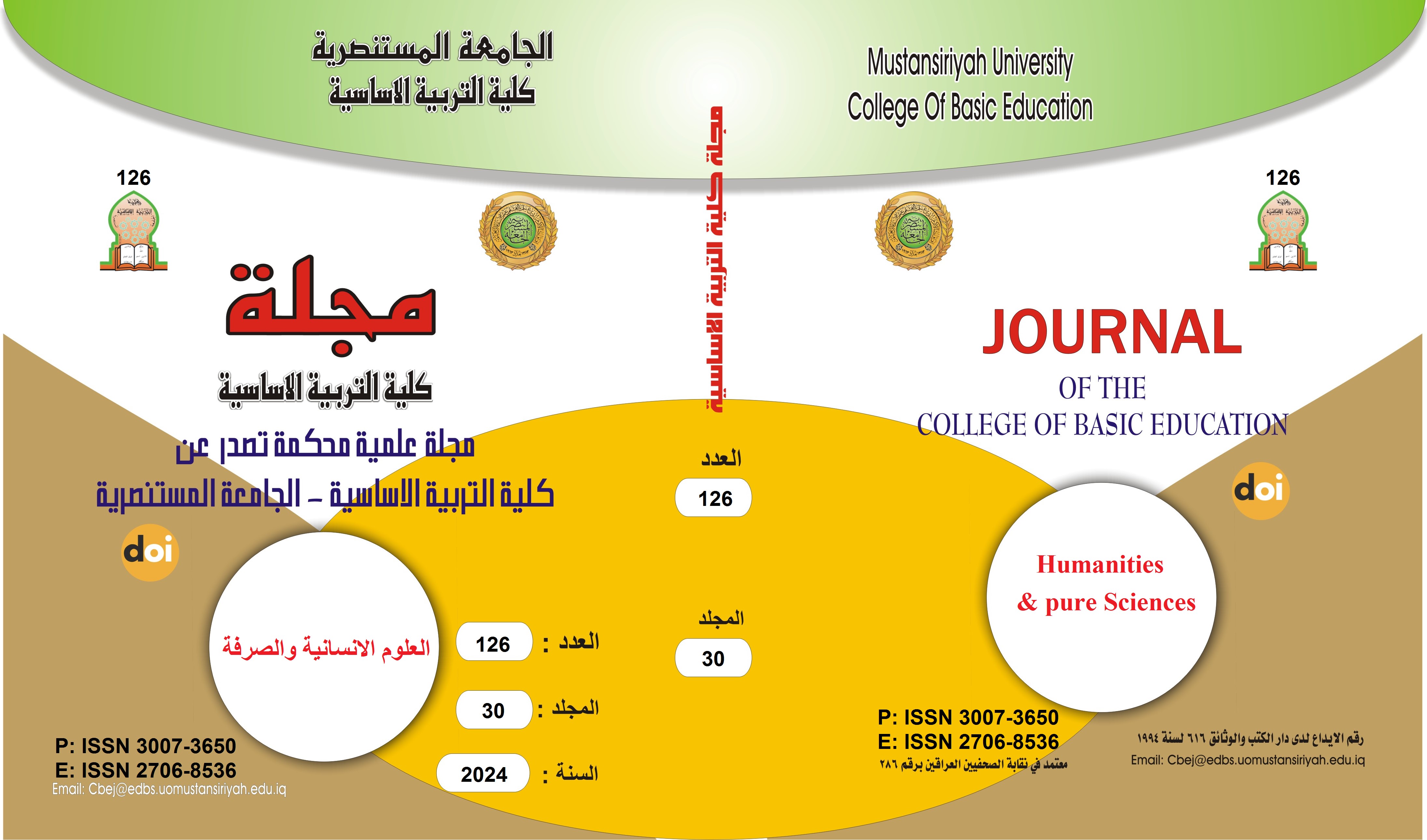The modern rooting of the foundation of the jurisprudential rule (Prayer is not repeated except in five cases) An analytical study
Main Article Content
Abstract
If God wants success for His servants, He guides them to seek useful knowledge, especially Sharia sciences. Because it is one of the greatest, most useful, and most important sciences, “the science of jurisprudence.” Because it brings happiness in both the first and second upbringings. God Almighty said: “And it is not for the believers to go forth all together, had not a group of them set out from every group to gain understanding in the religion and to warn others.” And it will matter when they return to them that they may beware. This divine guidance assigns the responsibility of the Islamic nation to the presence of a group of people of knowledge and scholars. It carries out the tasks of jurisprudence: “which is the knowledge of the secondary legal rulings based on their detailed evidence.” Believing in the source of the second legislation, the search for rooting and rooting the structure of the jurisprudential rule was done through the noble hadiths, as they were analyzed in terms of chain of transmission and significance, especially the rule that prayer should not be repeated except for five times; Why it is of great importance to the jurist; Because it falls on the way to deducing a large group of Islamic rulings on a wide range of issues, especially in the chapter on prayer, the jurisprudential rule is a general Shariah ruling from which the application of Shariah rulings can be used. The aforementioned rule: is specific to the chapter on prayer only, unlike other rules, especially (the rule of “no harm, no harm.” In Islam, they are general and included in most of the mandatory legal rulings. These rules are agreed upon among scholars except for a few. They are clear and clear, not ambiguous, and easy to memorize. Legal issues and rulings fall under them, which allows the jurist to rely on them. To answer any partial matter represented by a mandatory legal ruling, in light of the hadiths inspired by the Noble Sunnah, as it was approved in the research paths: the title of which was determined: The modern rooting of the structure of the jurisprudential rule (Prayer is not repeated except in five cases), an analytical study, which was localized in three sections. Then the conclusion follows with the most important results
Article Details

This work is licensed under a Creative Commons Attribution-ShareAlike 4.0 International License.
